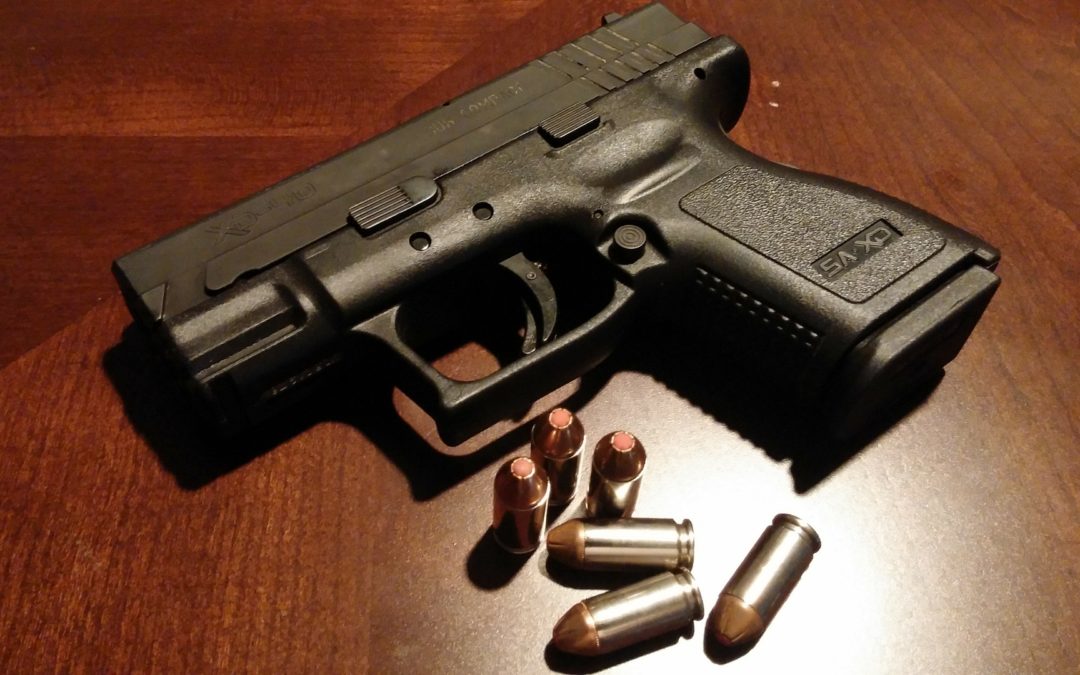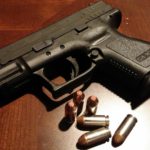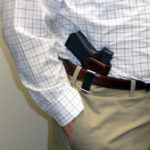Since the Gun Control Act of 1968, federal law has required those engaged in the business of selling or reselling firearms to be licensed. Before 2022, 18 U.S. Code § 921(a) (21) and 22), contained the most recent test as to whether a person required a firearms license. “Engaged in the business” meant such activity was a was a regular course of trade or business to predominantly earn a profit through the repetitive purchase and resale of firearms. To predominantly earn a profit meant the sale of firearms was predominantly one of obtaining pecuniary gain.
However, in 2022, amendments to 18 U.S. Code § 921 broadened the definition of “engaged in the business” by eliminating requirement that a person’s “principal objective” of purchasing and reselling firearms must include both “livelihood and profit” and replacing it with a requirement that the person must intend to “predominantly earn a profit.” The amendments removed the requirement to consider income for “livelihood” when determining that a person is “engaged in the business” of dealing in firearms. The definition of “to predominately earn a profit” now focuses only on whether the intent underlying the sale or disposition of firearms is predominately one of obtaining pecuniary gain, as opposed to improving or liquidating a personal firearms collection.
The Bureau of Alcohol, Tobacco, Firearms and Explosives (BATFE) proposed new regulations to carry out the statutory change. The 466 pages of the background can be found here: https://www.atf.gov/rules-and-regulations/docs/ruling/atf-final-rule-definition-engaged-business-dealer-firearms/download
Presumably, the rules would result in persons dealing in firearms becoming licensed dealers and deter others from dealing in firearms without a license. The result would be more background checks to prevent prohibited persons from receiving firearms.
What would it mean for the gunowner if the regulations were adopted? That is, how can an unlicensed person avoid violating the regulations or be considered as “engaged in the business” of a firearms dealer?
BATFE did not establish a minimum threshold number of firearms purchased or sold for the regulations to apply. A person would be presumed (at least civilly) to be engaged in the business of dealing in firearms when he or she:
(1) Sells or offers for sale firearms and represents to potential buyers a willing and ability to purchase and sell additional firearms;
(2) Spends more money on purchases of firearms for resale than the person’s reported taxable gross income;
(3) Repetitive purchases for the purpose of resale, sells or offers firearms for sale through a straw or sham business or cannot lawfully be purchased or possessed, including stolen firearms, or firearms with altered or obliterated serial numbers, firearms imported in violation of law, or unregistered machine guns;
(4) Repetitively sells or offer for sale firearms (a) within 30 days after purchase; (b) new or like new in original packaging; (c) are of the same or similar kind;
(5) If former licensee, sells or offers for sale firearms that were in the business inventory.
As to whether firearms are sold “predominantly to earn a profit.” The proposed rule presumes that firearms are being sold to earn a profit if the seller:
(1) advertises, markets, or otherwise promotes a firearms business (e.g., advertises or posts firearms for sale, including on any website, establishes a website for selling or offering for sale their firearms, makes available business cards, or tags firearms with sales prices), regardless of whether the person incurs expenses or only promotes the business informally;
(2) purchases, rents, or otherwise secures or sets aside permanent or temporary physical space to display or store firearms they offer for sale, including part or all of a business premises, table or space at a gun show, or display case;
(3) makes or maintains records, in any form, to document, track, or calculate profits and losses from firearms purchases and sales;
(4) purchases or otherwise secures merchant services as a business (e.g., credit card transaction services, digital wallet for business) through which the person makes or offers to make payments for firearms transactions;
(5) formally or informally purchases, hires, or otherwise secures business security services ( e.g., a central station-monitored security system registered to a business, or guards for security to protect business assets or transactions that include firearms);
(6) formally or informally establishes a business entity, trade name, or online business account, including an account using a business name on a social media or other website, through which the person makes or offers to make firearms transactions;
(7) secures or applies for a State or local business license to purchase for resale or to sell merchandise that includes firearms; or
(8) purchases a business insurance policy, including any riders that cover firearms inventory.
Tennessee has joined over twenty other states in challenging these regulations: https://hlli.org/wp-content/uploads/2024/05/2024-05-01-Complaint-against-ATF.pdf and there are two other lawsuit pending. The proposed regulations may be litigated for years.
There are also proposed regulations that would affect auctioneers and sellers whose licenses have expired or been terminated, not addressed in this article.
James Wagner is a partner with Frantz, McConnell, LLP and can be reached at 865-546-9321 or at Jwagner@fmsllp.com for questions about firearm legal issues.
RELATED POSTS:

Frantz, McConnell & Seymour, LLP offers legal services in virtually every area of civil and business law representing clients throughout East Tennessee.





